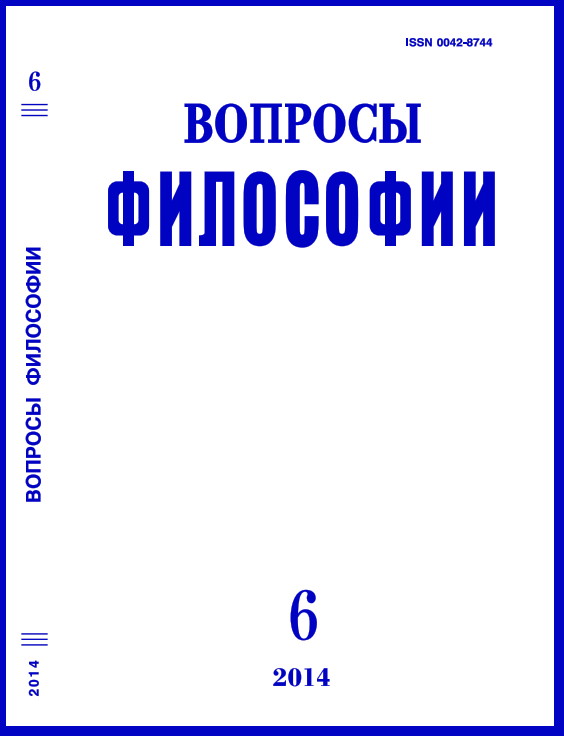Alphabetical Analogy in Greek philosophy: Heraclitus, Democritus, Plato
Keywords:
Greek philosophy, grammatical analogy, elements, logos, letters of the alphabet, Plato, HeraclitusAbstract
The grammatical analogy plays important role in Greek epistemology, metaphysics and philosophy of nature. It is the source of the philosophical notion of “elements” and it is related with the method of analysis or resolution of a complex whole into simple constituents. Speech or text (...) is “divided” into names (...), names into syllables (...), syllables into “letters” – ... or ... (phonetic or graphical). According to Eudemus (fr. 31 W.) Plato was the first to introduce the abstract use of the term ... . The locus classicus is the so called “dream theory” in Plato’s Theaetetus 210d which Wittgenstein compared with his own philosophy of language in the “Tractatus”. We argue that this theory (also known to Democritus) derives not from Antisthenes, but from Heraclitus. It is attested in Hercalitus B 10 ... ... “syllables: voiced and unvoiced letters” (i.e. vowels and consonants) an is the basis of the metaphorical model of “this logos” or Liber Naturae in fr. B 1. We accept the superior text of Hippolytus (without ... added by Sextus). It follows that the object of the verb ... “dividing” and the subject of his book are not the particulars (which do not exist according to Heraclitus’ metaphysics), but the “words and deeds” (... ... ...) of the visible “logos” of the Universe which Heraclitus “divides” correctly (“according to nature”) into names, syllables and letters. The correct reading of the “Book of nature” results in the integration of all separate things (opposites) into single unified Logos of the divine Universe.

